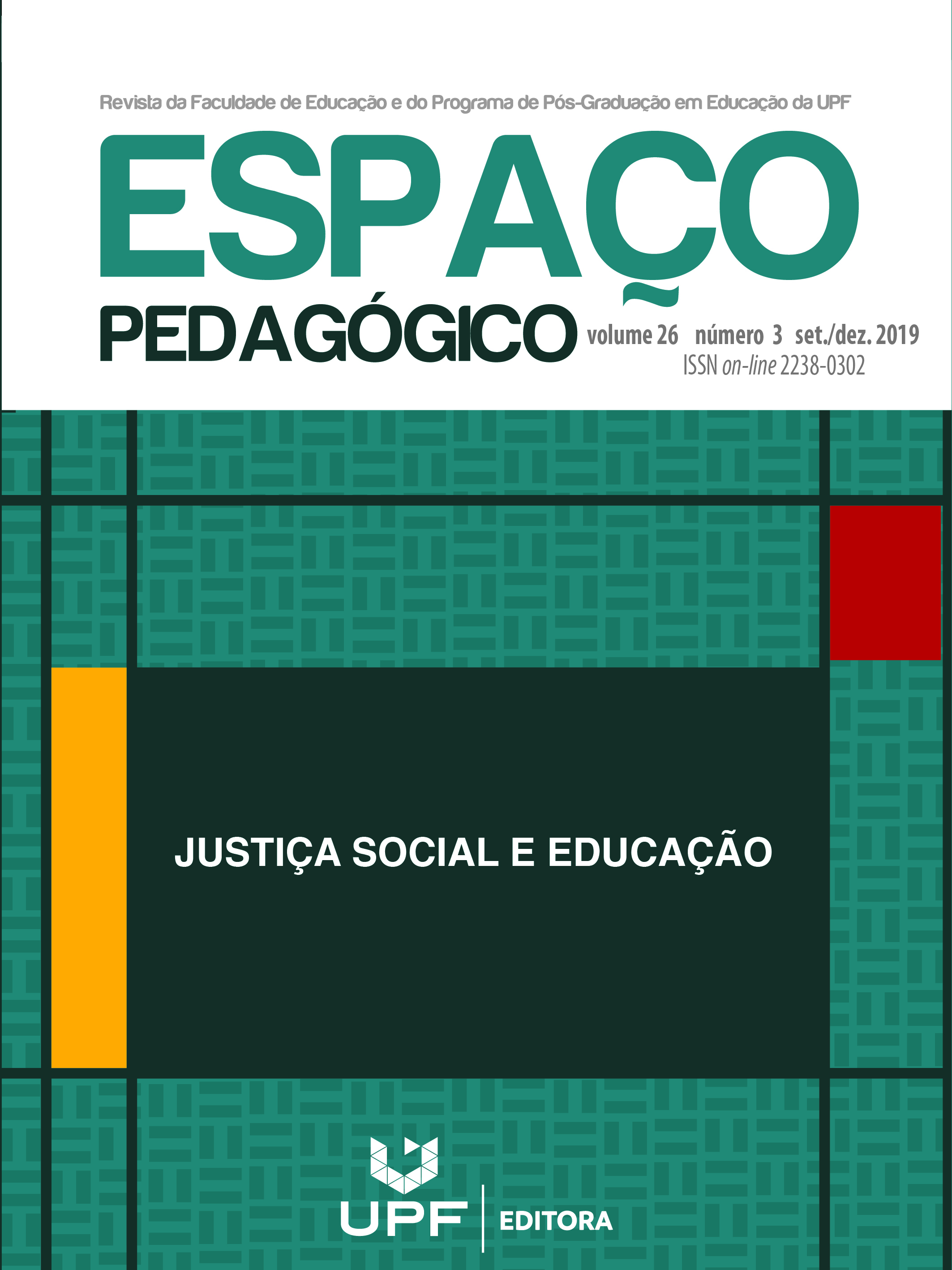Education, justice and empowerment
DOI:
https://doi.org/10.5335/rep.v26i3.9322Keywords:
Education, Empowerment, JusticeAbstract
This article chooses as object of study the co-implication relationship between education, justice and empowerment in the societies of the world-system where neoliberalization is most advanced and its main goal is to show that this relation, contrary to certain preconceived ideas, and despite the exclusionary force of neoliberal normativity, opens itself up to several meanings or to different semantics analyzing and interpreting the trends in force in these contexts. It is based on this methodology that the article focuses on two main thematic fields. On the one hand, the field where the distinctive marks of the dominant vision are scrutinized about education, justice and empowerment. On the other hand, and already in the second field, the subaltern and counter-hegemonic vision of education, justice and empowerment that is articulated in normative terms with the democratic-egalitarian aspirations of the underprivileged classes, victims of harassment of the economic and neoliberal policies. The conclusion, at the end of this hermeneutic exercise, is that the work of foundation of the education must be critically aware of the consequences of these two ways of understanding the relationship in question and that, moving towards a more just, egalitarian and democratic society, it is not consistent, neither practical nor theoretically, with the dominant understanding of education, justice and empowerment.



